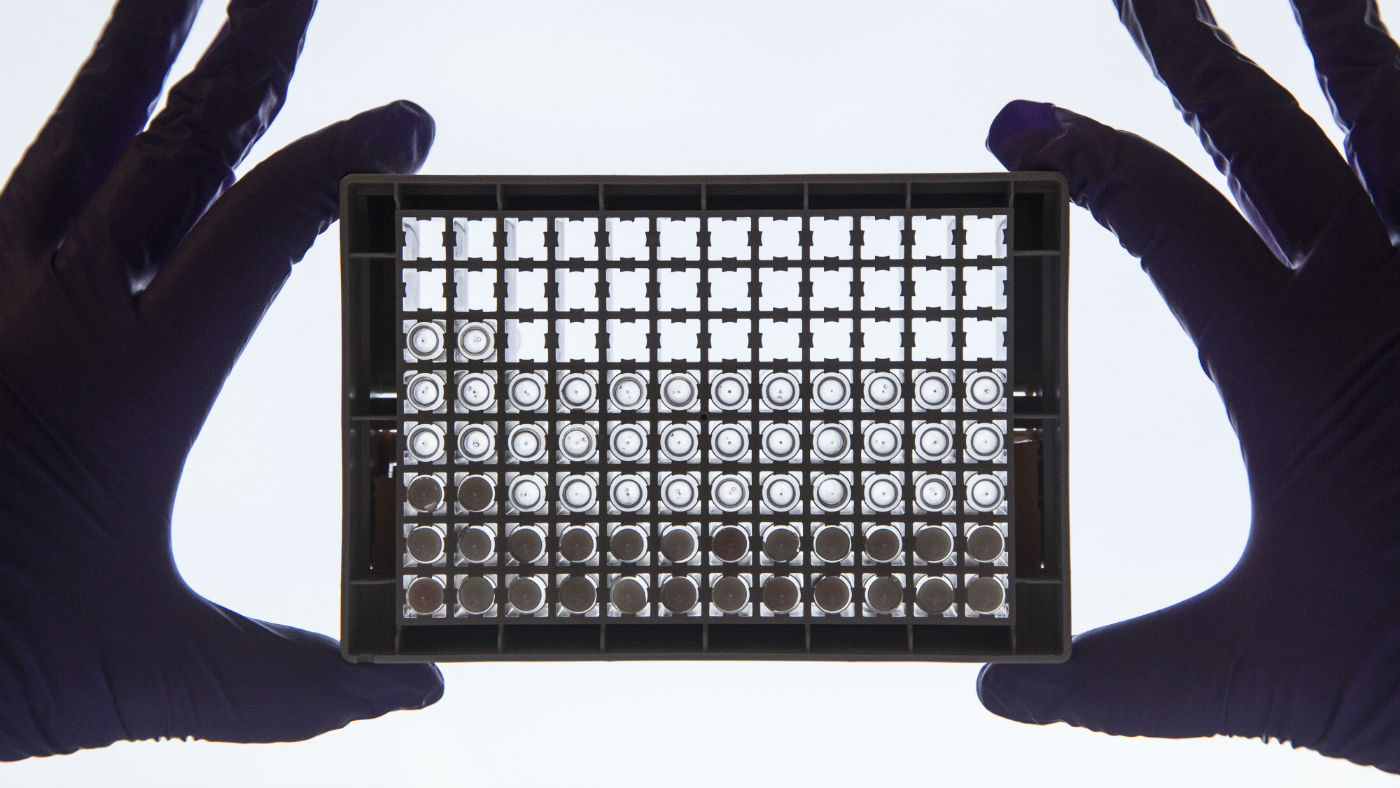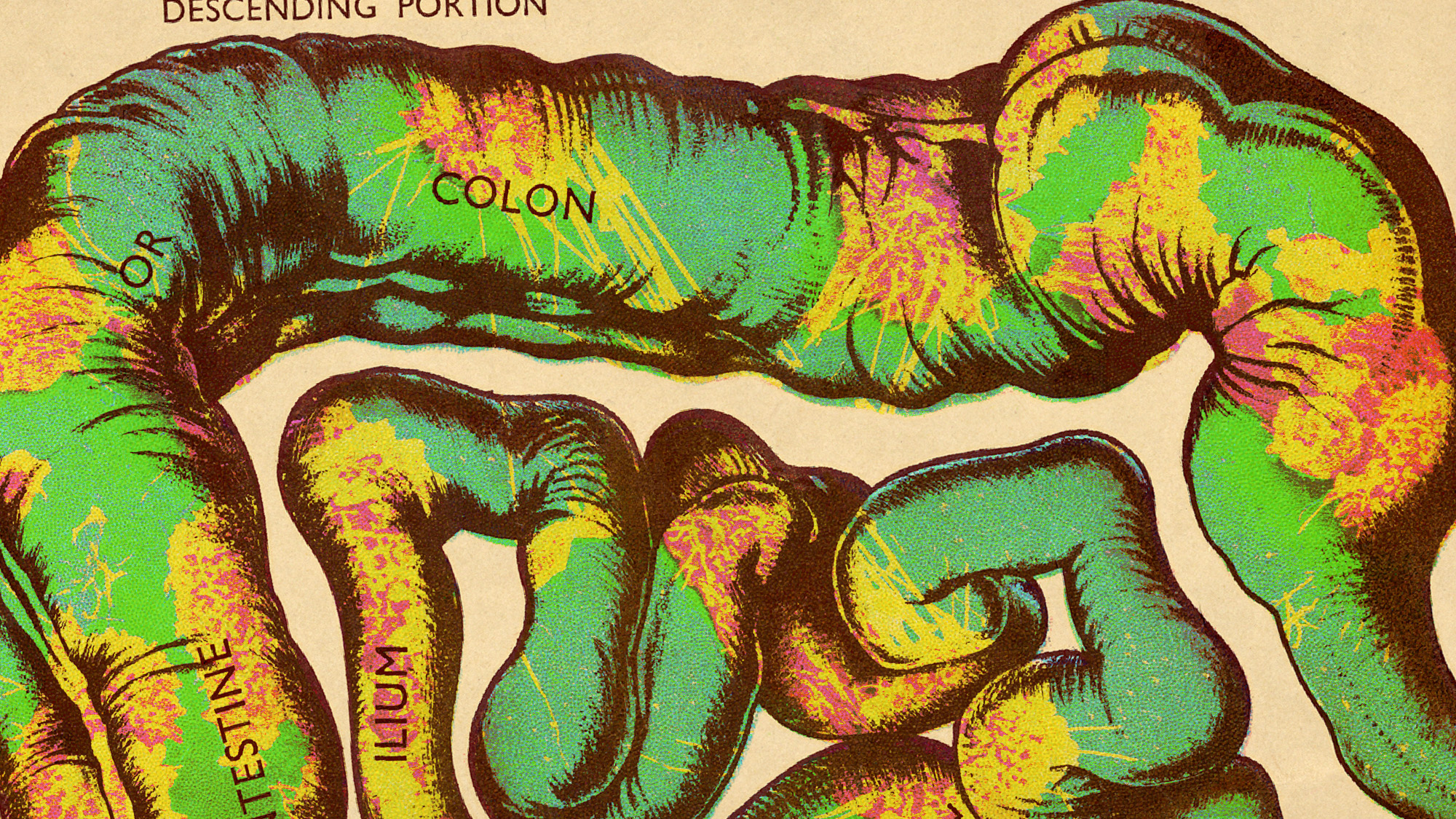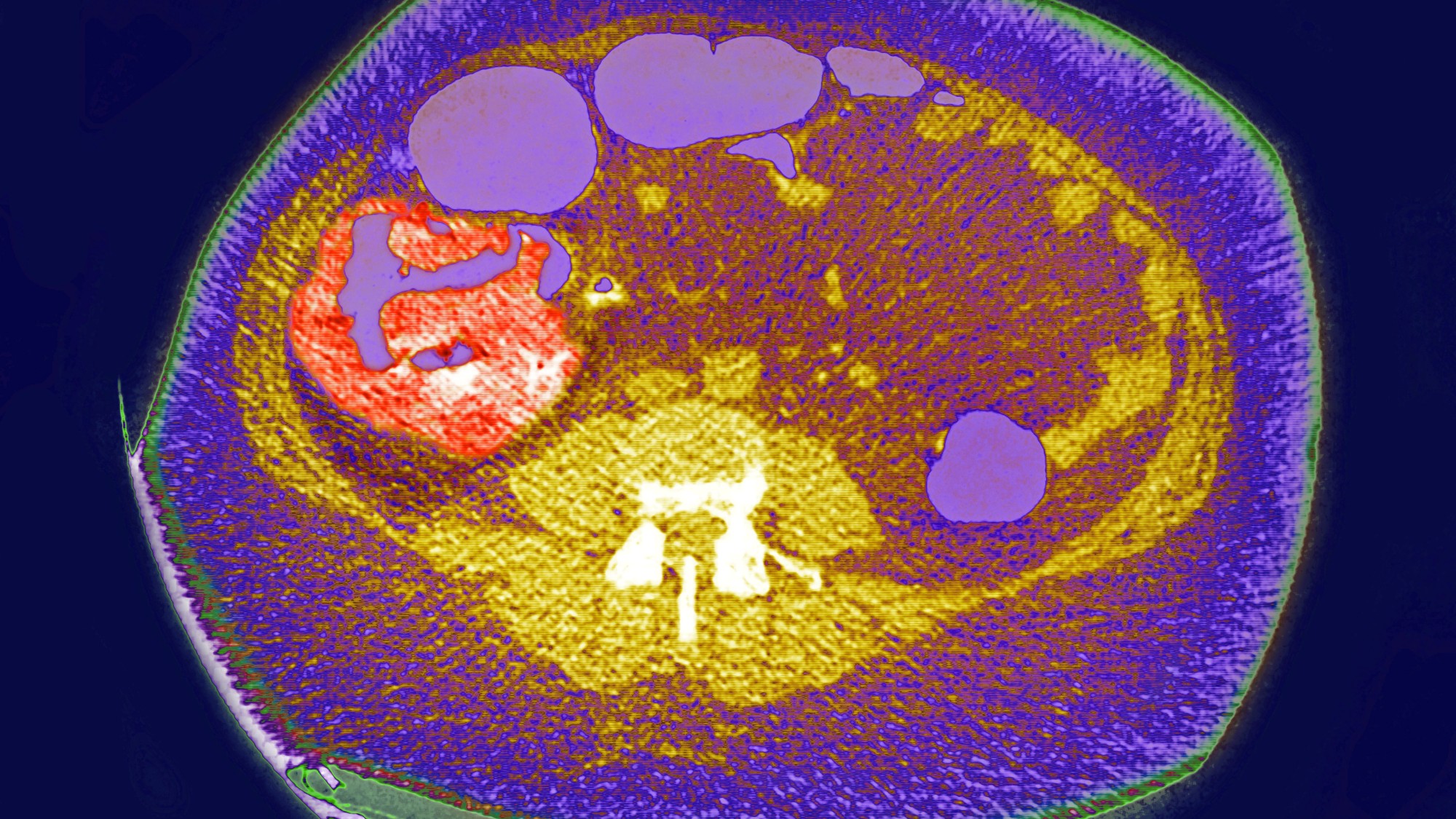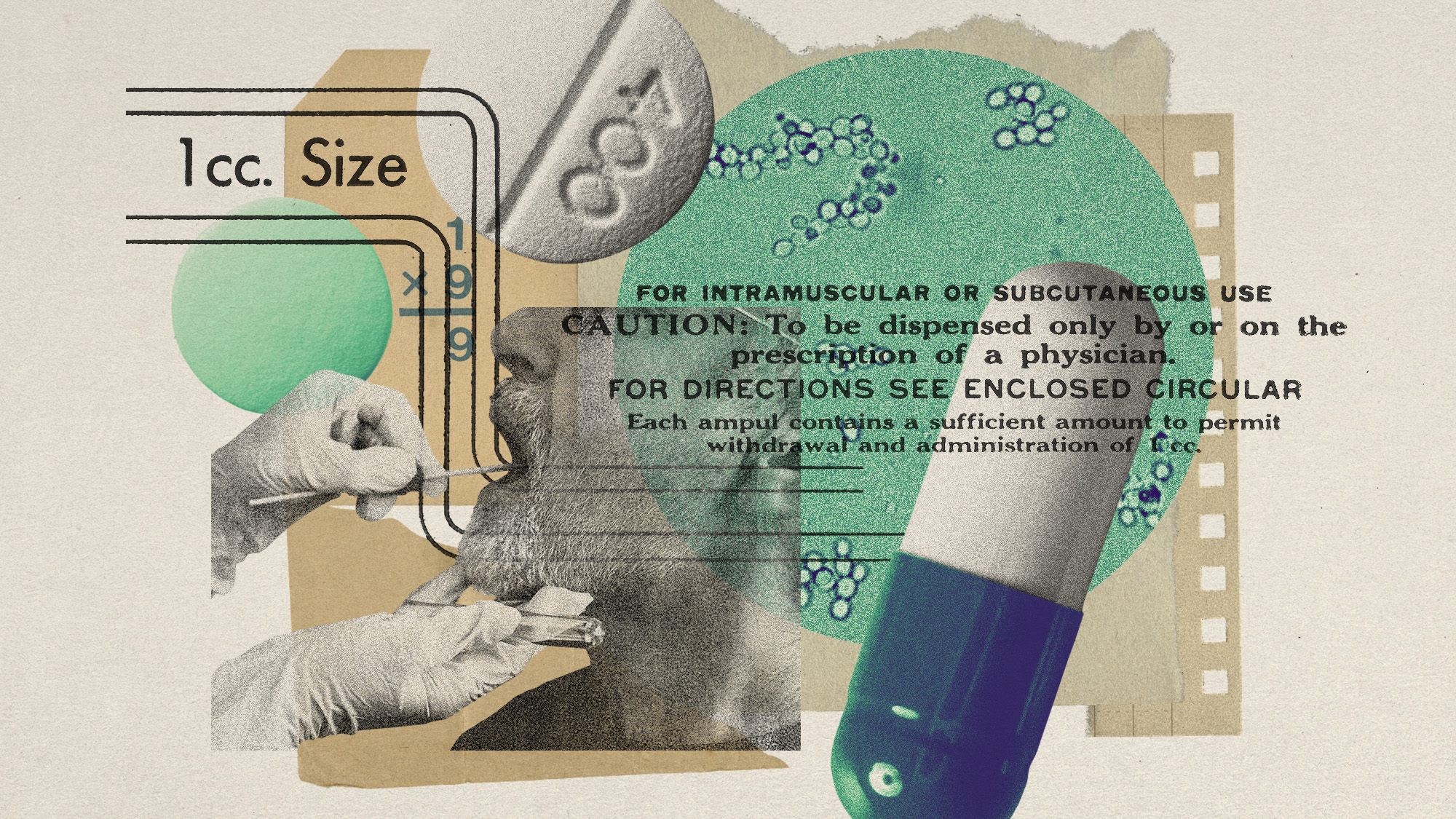Heart attack and cancer risk cut by new treatment
Injections of the anti-inflammatory canakinumab are revolutionary, say scientists

A free daily email with the biggest news stories of the day – and the best features from TheWeek.com
You are now subscribed
Your newsletter sign-up was successful
A new treatment that greatly reduces the risk of repeat heart attacks and cuts deaths from cancer opens up a new era in the treatment of both conditions, scientists say.
In what the Daily Telegraph describes as "the biggest breakthrough since statins", injections of the anti-inflammatory canakinumab cut repeat heart attacks by a quarter in a trial involving 10,000 patients.
Perhaps "more intriguing", says Time magazine, are results related to cancer. In a separate report published in the Lancet, using data from the same study, canakinumab was found to lower the risk of dying from any cancer over four years by 50 per cent, and the risk of fatal lung cancer by 75 per cent.
The Week
Escape your echo chamber. Get the facts behind the news, plus analysis from multiple perspectives.

Sign up for The Week's Free Newsletters
From our morning news briefing to a weekly Good News Newsletter, get the best of The Week delivered directly to your inbox.
From our morning news briefing to a weekly Good News Newsletter, get the best of The Week delivered directly to your inbox.
Presenting his results at the European Society of Cardiology congress in Barcelona, lead researcher Dr Paul Ridker of Harvard Medical School said the findings would have "far-reaching implications" for heart-attack patients, opening up a new generation of treatment.
"These findings represent the end game of more than two decades of research," said Ridker. "For the first time, we've been able to definitively show that lowering inflammation independent of cholesterol reduces cardiovascular risk."
Cholesterol-busting statins are given to millions of adults deemed to be at risk of heart disease, but half of all heart attacks occur in people who do not have high cholesterol levels.
The breakthrough could have ramifications for the roughly 200,000 people a year in Britain who suffer a heart attack. Typically, around a quarter of survivors will go on to have another event within five years, despite taking statins.
A free daily email with the biggest news stories of the day – and the best features from TheWeek.com
-
 The week’s best photos
The week’s best photosIn Pictures An explosive meal, a carnival of joy, and more
-
 The ‘ravenous’ demand for Cornish minerals
The ‘ravenous’ demand for Cornish mineralsUnder the Radar Growing need for critical minerals to power tech has intensified ‘appetite’ for lithium, which could be a ‘huge boon’ for local economy
-
 Why are election experts taking Trump’s midterm threats seriously?
Why are election experts taking Trump’s midterm threats seriously?IN THE SPOTLIGHT As the president muses about polling place deployments and a centralized electoral system aimed at one-party control, lawmakers are taking this administration at its word
-
 The truth about vitamin supplements
The truth about vitamin supplementsThe Explainer UK industry worth £559 million but scientific evidence of health benefits is ‘complicated’
-
 Covid-19 mRNA vaccines could help fight cancer
Covid-19 mRNA vaccines could help fight cancerUnder the radar They boost the immune system
-
 Deadly fungus tied to a pharaoh's tomb may help fight cancer
Deadly fungus tied to a pharaoh's tomb may help fight cancerUnder the radar A once fearsome curse could be a blessing
-
 'Poo pills' and the war on superbugs
'Poo pills' and the war on superbugsThe Explainer Antimicrobial resistance is causing millions of deaths. Could a faeces-filled pill change all that?
-
 The Y chromosome degrades over time. And men's health is paying for it
The Y chromosome degrades over time. And men's health is paying for itUnder the radar The chromosome loss is linked to cancer and Alzheimer's
-
 A bacterial toxin could be contributing to the colorectal cancer rise in young people
A bacterial toxin could be contributing to the colorectal cancer rise in young peopleUnder the radar Most exposure occurs in childhood
-
 Why are more young people getting bowel cancer?
Why are more young people getting bowel cancer?The Explainer Alarming rise in bowel-cancer diagnoses in under-50s is puzzling scientists
-
 Five medical breakthroughs of 2024
Five medical breakthroughs of 2024The Explainer The year's new discoveries for health conditions that affect millions